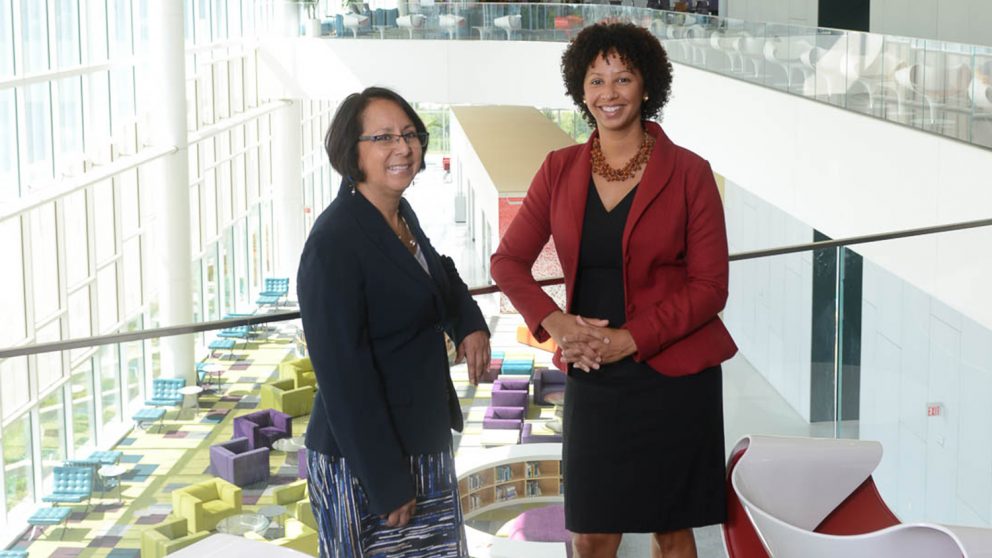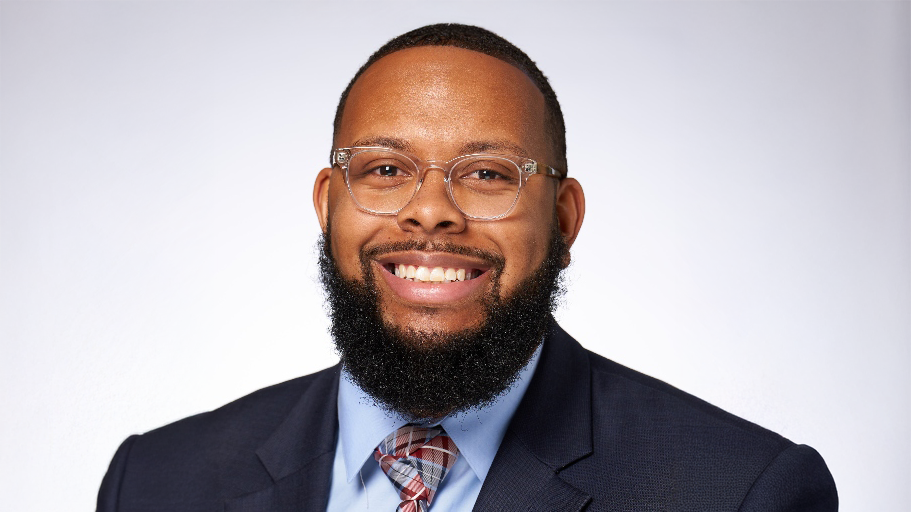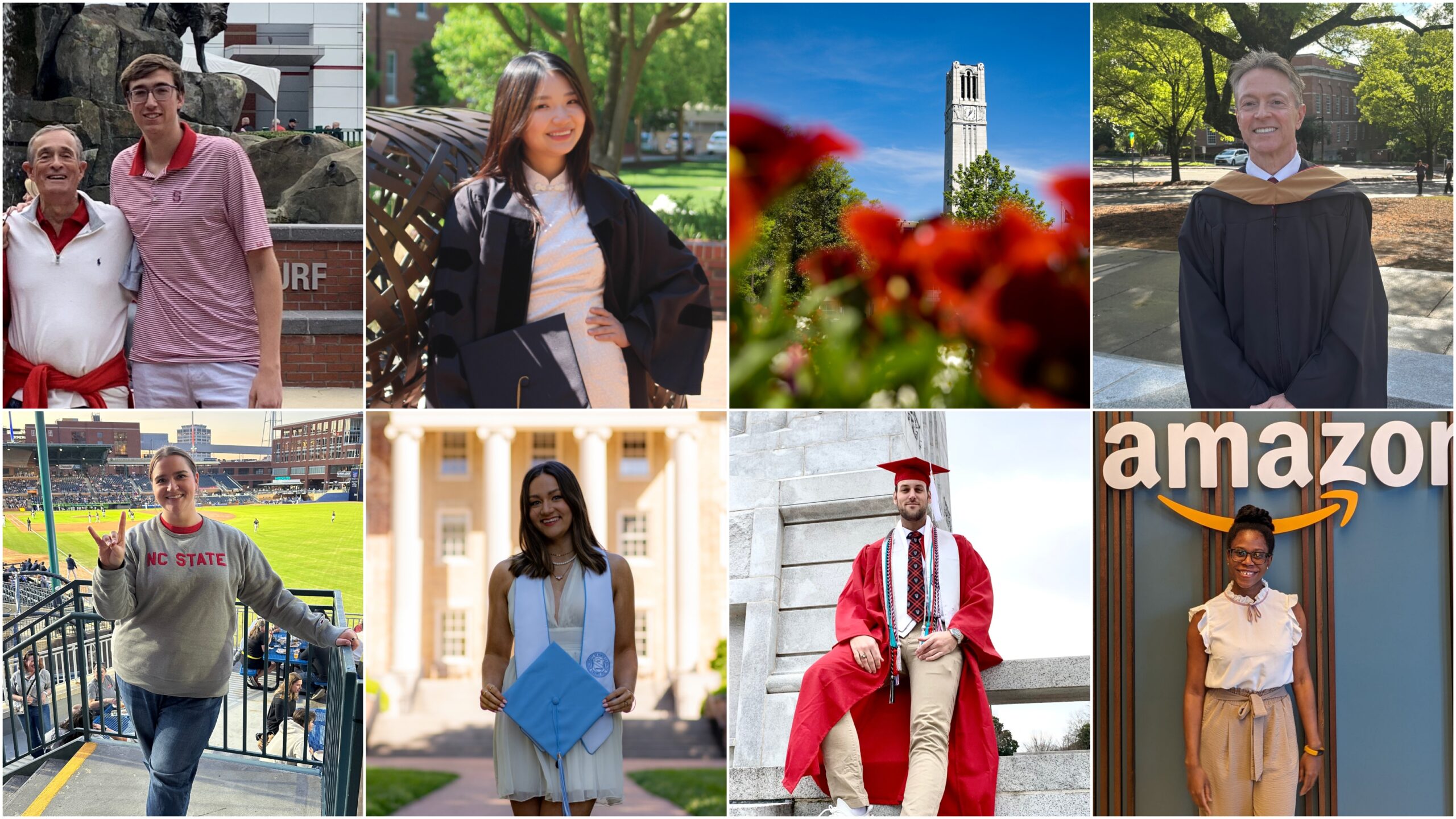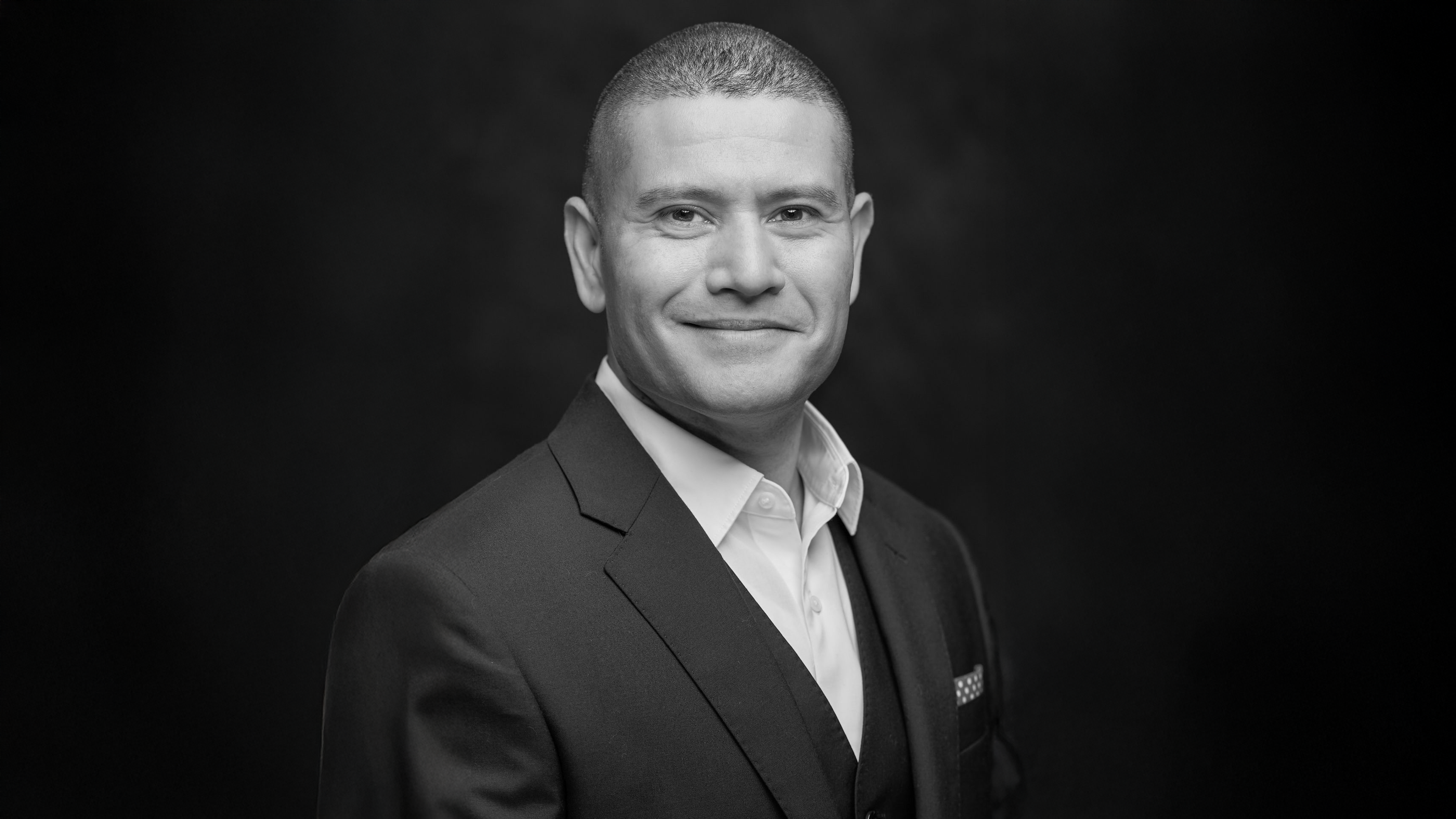Developing Social Entrepreneurs Through B Corp Clinic

This story was written by Giselle Weybrecht and originally posted on the AACSB Blog.
The past few years has seen an explosion in the number of courses that introduce or focus on social entrepreneurship. These elective courses speak to a growing number of students interested in starting their own companies after graduation, in particular companies that “do good.” The challenge is that social entrepreneurship is not only about creating businesses that provide solutions to social and environmental challenges; it is even more about embedding these practices into the core part of any business.
This is why business schools around the world are exploring ways to embed the lessons of social entrepreneurship across the curriculum and why experiential learning is proving so popular in engaging students to further develop these skills. Much of the program implementation has been driven by the students themselves. “Students want to gain real-world learning by experiencing what it is like to work with local companies on these topics,” says Jessica Thomas, director of the Business Sustainability Collaborative at Poole College of Management at North Carolina State University in Raleigh.
NC State’s B Corp Clinic provides these types of opportunities. In 2015, a local business incubator, HQ Raleigh, was looking to get certified as a B—or Benefit—Corporation. B Corporations are companies that meet rigorous standards of social and environmental performance, accountability, and transparency. Today more than 1,900 certified B Corps exist across 33 countries and in over 60 industries, and many more companies use the standards internally to guide their sustainability strategies.
“This was the start of B Corp Clinic,” says Thomas. “We brought together a group of Net Impact students to work with HQ Raleigh on their B Corp Certification. The feedback from the pilot program was phenomenal. Unlike consulting, the students were giving HQ Raleigh recommendations that they were able to implement and that helped them in real time to transform how they operate, and eventually receive, certification. Based on that success, we thought, why don’t we create a more formal program.”
Not Just a Consulting Project
With the B Corp Clinic, NC State takes the student consulting projects a step further than providing recommendations. The program now takes place every semester in collaboration with HQ Raleigh and the NC State Net Impact chapters. Companies in North Carolina that are looking to be certified or need help to improve their environmental and social impact apply to be part of this competitive program. “This fall we have an exciting range of companies—from Tilthy Rich Compost, a company made up of 16 people on bikes focused on diverting waste from landfill, to Red Hat, a 1.5 billion USD technology company with over 5,000 employees,” notes Thomas. Students are then invited to a kick-off event, an opportunity not just to learn about sustainable business but to meet representatives from the chosen companies. The students then apply to participate. There are four to six students per team, and each team has one or more coaches who are academics, staff, or representatives from the wider B Corp community.
Thomas continues, “We developed the program as a very open, collaborative environment. Each team can see what other teams are working on to see if they overlap or there are opportunities to collaborate. For example, if more than one team is working on creating a supplier scorecard, they can work across teams, sharing tools and resources.” Teams then regularly connect with subject matters experts from across the B-Corp community, from lawyers to experts in human resources; whatever is needed.
Multidisciplinary Teams and Opportunities
These types of experiential learning programs are especially popular because they provide opportunities to connect sustainability across traditional functional disciplines. But they are also opportunities to work with other students on diverse teams. Most of the time, consulting projects bring together teams of students from the same school. B Corp clinic invites students from different schools and different disciplines. This fall, students from NC State, UNC Chapel Hill, Duke University, and Davidson College are all participating in the clinic.
The program also offers diversity of student background. Undergraduate and graduate students participate as well as students from a range of disciplines including business, engineering, and even textile design. “One of our strategic priorities is to create more inclusive teams including students from local community colleges and other universities in the area,” says Thomas. “We want to build teams that more closely mirror the teams the students will work with post graduation.”
The interdisciplinary nature of the projects and the teams is why the program is very popular with students. As Thomas puts it, “I’ve worked with over 1,000 students over the past 10 years and I’ve never seen anything that got students as excited as the clinic. The biggest indicator is that they aren’t getting compensated or getting credit for this work. These are tangible skills they can take to company that wants to be certified or any company that has an interest in social change.”
Shannon O’Shea, a current MBA student and president of the NC State Graduate Net Impact chapter, a partner in the clinic, was a team lead in the spring of 2016. Her team worked with LYF Shoes, an ethical shoe company, to track usage of water and energy and worked on ways to minimize waste. “The B Corp clinic was one of the most rewarding experiences I have had in business school. I worked intimately with a mission-driven company that is truly passionate about changing the world, on a team of students who were equally as passionate. We all got hands-on experience with many aspects of the business, and I found it particularly rewarding to see the impact that I and other students could make.”
A Growing Movement
Engaging with B Corp companies provides some unique opportunities. First, according to Thomas, the B Corp Assessment itself is a great teaching tool for students in the classroom. “It isn’t just an assessment. B Corp provides a clear and rigorous framework to talk about sustainable business and provides a lot of additional resources and best practices. It is also part of a larger global movement that provides a network of businesses with a clear social strategy that schools can tap into.”
As with most of the innovative programs happening at business schools globally, the key to their success is a champion on campus passionately driving them forward. Thomas is not only engaged in working with her partners to drive the program forward in North Carolina but also far beyond.
Dozens of universities have developed unique models for working with B Corps and work together under what are called B impact teams. NC State and B Lab have been working together to build an academic community to learn from each other and think about how they can bring this initiative into the classroom as well as into faculty research. The Net Impact Club at NC State has developed a toolkit on their website with a step-by-step guide on how to put a program into practice. B Lab’s B Corp on Campus Initiative has launched a LinkedIn group and a series of conversations to connect faculty around the world.
According to Thomas, “A challenge in business education continues to be how to define sustainable business and how to identity the skills students need to develop in order to drive sustainability. Our B Corp Clinic has allowed us to explore this with our students and impact local businesses. We look forward to building it further.”
- Categories:


